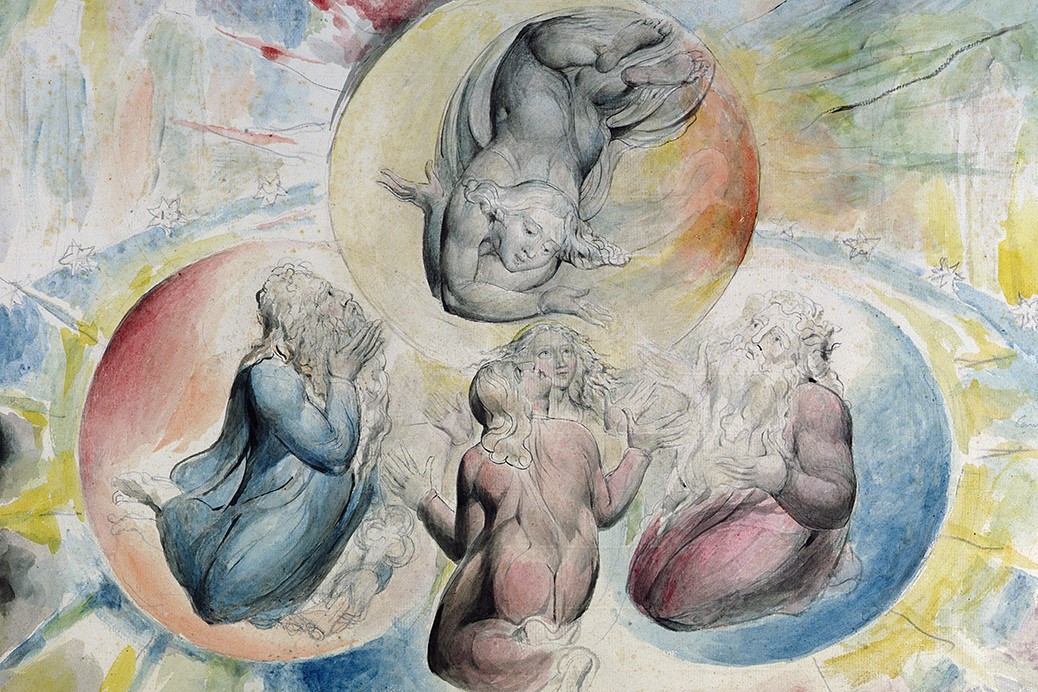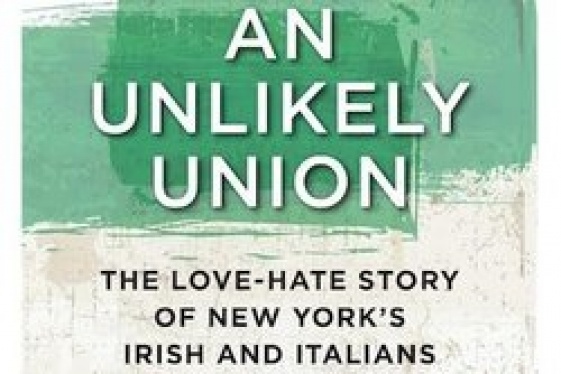

BY: Rowan Williams
tudies of the reception and “afterlife” of classic works are becoming something of a trend. Last year, Orlando Reade’s What in Me Is Dark received well-earned praise for its tracking of the surprising career of Milton’s Paradise Lost in the centuries following its composition – not least its role in shaping a revolutionary political imagination.
Dante’s Commedia (or Divine Comedy, written in the opening decades of the 14th century) is already a heavily and explicitly political text, in which the poet at times exhibits a positively Trumpian relish in imagining the defeat and torment of his enemies. But its long-term reception is about a great deal more than politics.
SOURCE: https://www.newstatesman.com
You may be interested
-
'Phantom Limb': A Conversation With Dennis...
Dennis Palumbo is a thriller writer and psychotherapist in private practice. He's the auth...
-
An Unlikely Union: The love-hate story of Ne...
Award-winning author and Brooklynite Paul Moses is back with a historic yet dazzling sto...
-
Former Montclair resident turns recipes into...
Former Montclair resident Linda Carman watched her father's dream roll off the presses thi...
-
Italian world language teacher 2015-2016
FRAMINGHAM PUBLIC SCHOOLS - JOB DESCRIPTION TITLE: World Language Teacher - Italian...
-
''La Gente di Mulberry Street'' presentato a...
Valsinni- Italia, terra di emigranti. Presentato a Valsinni il nuovo saggio storico di Raf...
-
'An Unlikely Union' author Paul Moses on his...
by Ginger Adam Otis Any journalist who has ever been an author has lived through...
-
'An Unlikely Union': Paul Moses on the urban...
Few American cities, with the possible exception of Chicago, do urban ethnic drama like Ne...
-
'Augie’s War' novelist to appear at Elkins bo...
Charleston author and Gazette-Mail wine columnist John H. Brown will conduct a book readin...










